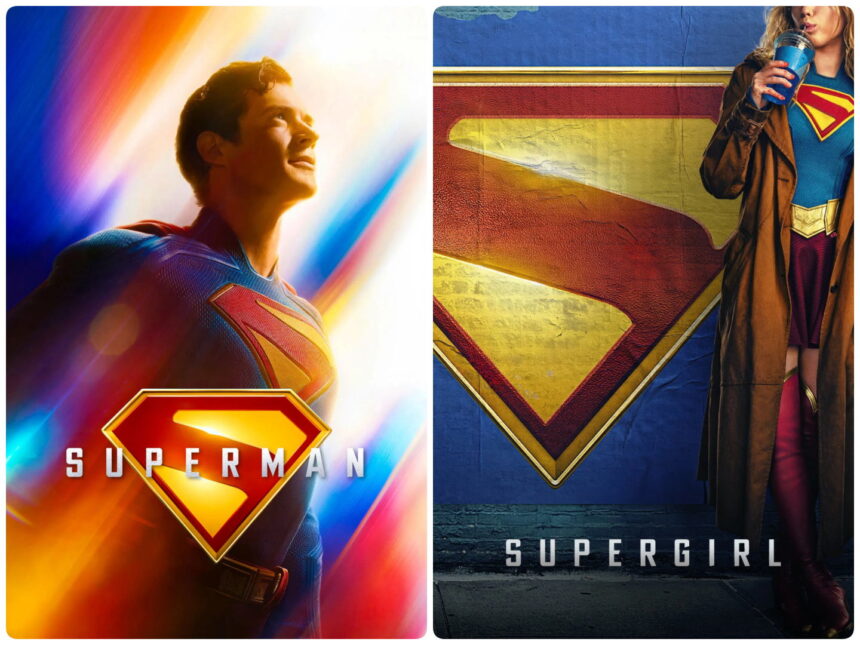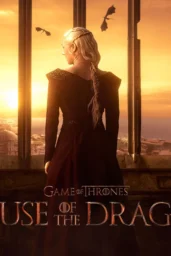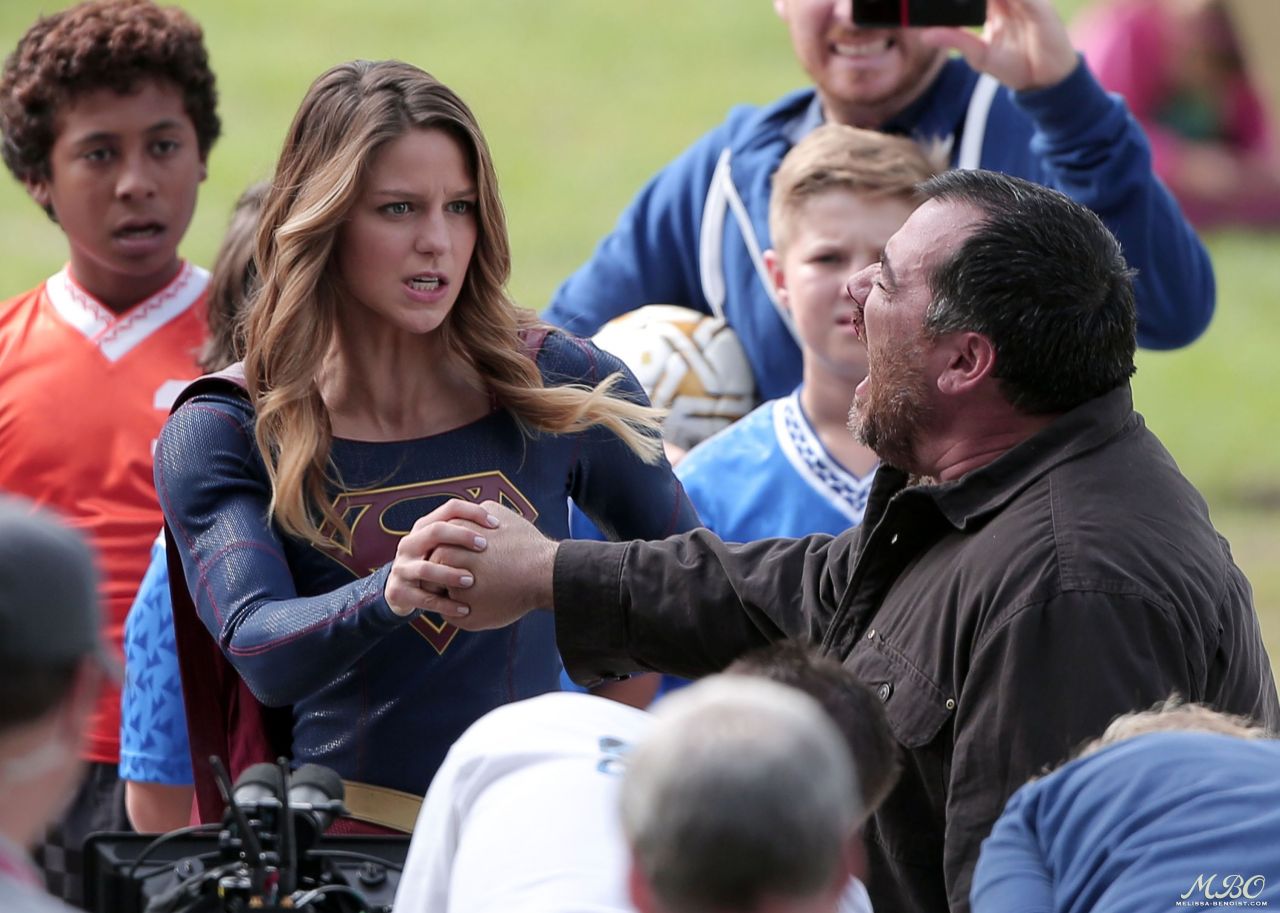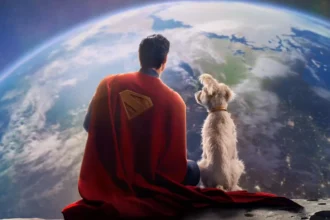The Man of Steel's Triumph
James Gunn's Superman isn't just flying—it's breaking records. With $510.8 million worldwide (and counting), the film has officially outperformed every other superhero release in 2025, including Marvel's Captain America: Brave New World ($415M) and The Fantastic Four: First Steps ($241M). For DC Studios, this isn't just a win—it's a lifeline. After years of shaky franchise footing, Superman has reignited audience faith in the DC Universe (DCU), and its ripple effects are already shaping the next big play: 2026's Supergirl.
Why Superman's Success Matters More Than Just Numbers
With a $225M budget, Superman needed to prove the DCU's viability—and it has. Domestically, it's already surpassed Man of Steel ($291M) with $296.7M, and globally, analysts predict a final haul between $640M-$700M. But beyond the financials, the film's real victory lies in its narrative groundwork.
Gunn's reboot isn't just a solo act; it's the foundation of Chapter One: Gods and Monsters, and its post-credits stinger—Milly Alcock's boozy, scene-stealing Supergirl cameo—was a masterstroke. By introducing Kara Zor-El as Krypto's absentee owner, the film primes audiences for her solo adventure, Supergirl: Woman of Tomorrow .
The Supergirl Boost: Cameos, Jason Momoa, and Market Momentum
Superhero franchises live and die by audience investment in the next chapter, and Superman delivers. Alcock's debut—a rowdy, red-sun-drunk Kara—immediately differentiates her from David Corenswet's earnest Clark Kent. It's a smart play: contrast breeds curiosity.
But DC isn't stopping there. Supergirl has a secret weapon: Jason Momoa as Lobo. Fresh off Aquaman's $1.15B haul and A Minecraft Movie's $955M success, Momoa's star power is a guaranteed draw. Pair that with the goodwill from Superman's reception, and 2026's release suddenly looks like a box office lock.
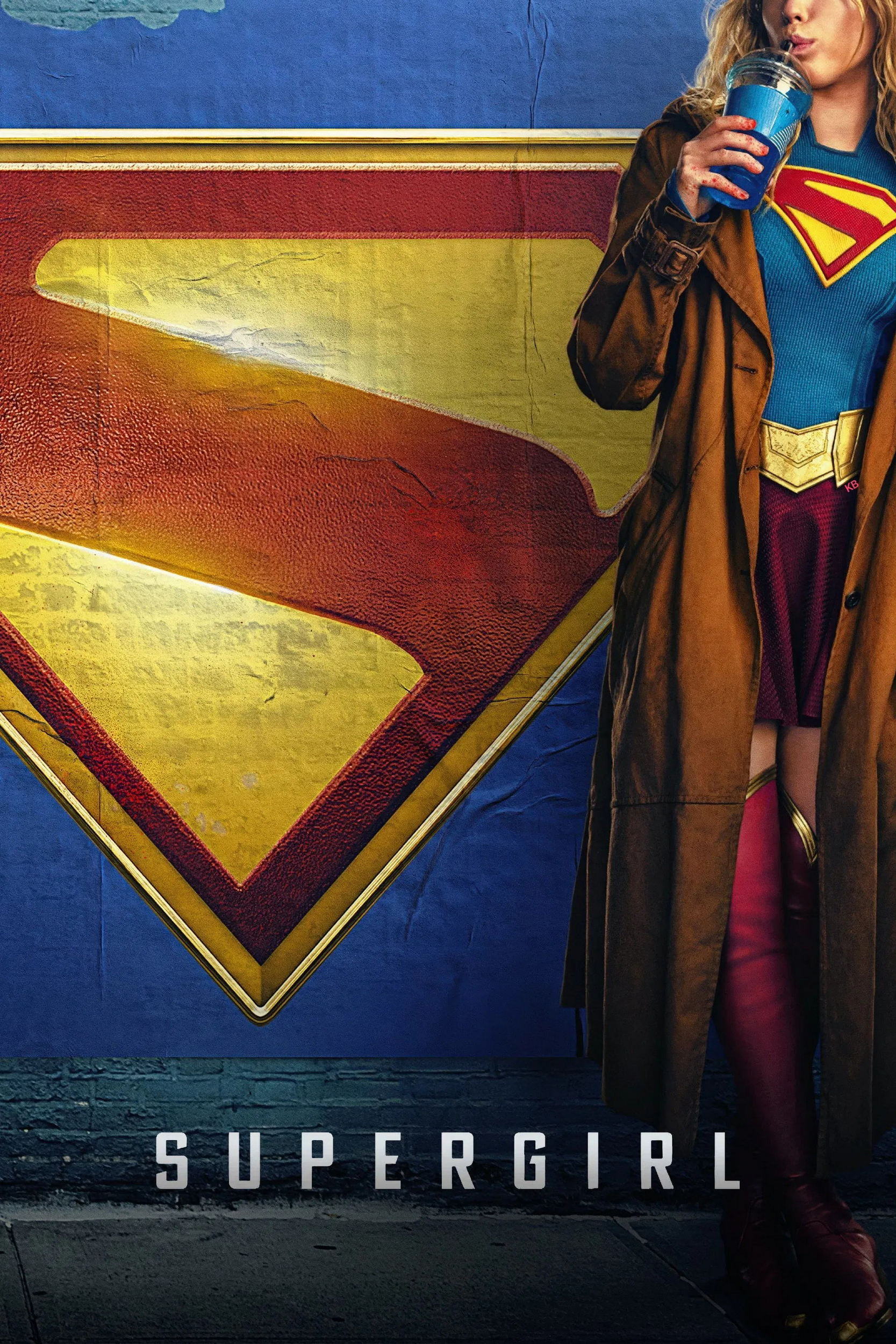
The Bigger Picture: DCU's Phase One Takes Flight
Gunn's strategy mirrors Marvel's Phase One—introduce key players (Superman, Supergirl), tease a larger world (the Justice Gang, Lobo), and let audience anticipation build. The difference? DC's leaning into tone and differentiation. Where Marvel's 2025 slate (Fantastic Four, Thunderbolts) has struggled to stand out, Superman's earnest charm and family-friendly appeal (yes, Krypto the Superdog counts) have given it legs.
The lesson? Heroism sells when it feels human. Clark Kent's struggle to balance his identity resonated; Kara's rebellious edge promises a fresh twist. If Supergirl capitalizes on that momentum—and Momoa's Lobo delivers the chaos fans crave—DC might finally have the sustainable universe it's been chasing.
Final Verdict
Superman's box office isn't just a win—it's a launchpad. For the DCU, the message is clear: audiences are back on board. Now, the pressure shifts to Supergirl (June 26, 2026) to keep the momentum alive. If early buzz is any indicator, Gunn's bet on character-first storytelling—and a well-placed super-dog—is about to pay off in Kryptonian dividends.
What's next? Share your thoughts below—will Supergirl outshine Superman? And how high can the DCU fly?

